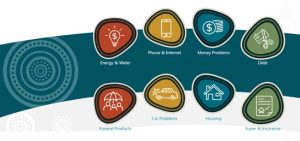1. Financial counselling
“Disasters have significant financial impacts on those who have been affected. Those impacts can be experienced in a range of ways – some more obvious than others. Common experiences may include:
- dealing with the cost of rebuilding or repair lost or damaged property
- reduced income due to loss or disruption of work
- struggling to manage the household finances while trying to cope with trauma
- vulnerability to financial abuse by a relative or close contact
Disasters create financial stress and hardship that can affect anyone, including people who have not previously needed assistance. Underlying or unaddressed financial issues may have been present prior to the disaster, and financial impacts can be experienced for many years after the event.”
(Source: Financial Counselling Victoria Inc. – Financial Counselling and Disaster Recovery)
2. How can a financial counsellor help after a disaster?
A financial counsellor can help someone to:
- get help to pay your utility bills and other payments.
- understand their governmental entitlements and income.
- talk to their bank about debt issues.
- review and understand the different choices for insurance.
- listen to their thoughts and options, and advocate on their behalf.
(Source: Financial Counselling Victoria Inc. – Financial Counselling and Disaster Recovery)
3. Referring a community member to a financial counsellor
Financial counsellors are professionals with a unique set of skills. They need to understand important laws related to finance and have good counselling abilities. These counsellors operate under specific rules set by ASIC, which means they don’t need certain licences. To stay qualified, they have to undergo training regularly and get professional supervision.
Financial counsellors work without any conflicts of interest, offering confidential help to people facing financial difficulties. Importantly, they provide their services for free and can’t charge fees. Usually, they work for community organisations and get funding from sources like the government.
It’s crucial to note that financial counsellors aren’t financial planners, advisors, accountants, or lawyers. If you need help beyond their expertise, they’ll guide you to the right professionals or services, including counselling, and make sure you get the assistance you need.
The Financial Counselling Association of Western Australia has developed the following Checklists:
- Intake template for natural disasters
- Home insurance checklist for natural disasters
- General insurance checklist for natural disasters
Natural Disaster and Community Recovery
Relief Payments/Creditor Assistance
4. Aboriginal and Torres Strait Islander resources
Bush Money Mob – Kimberley Region
Bush Money Mob is a free financial counselling agency serving remote areas of the Kimberley region in Western Australia. The agency focuses on assisting remote Aboriginal communities, particularly women and Indigenous Ranger groups, in addressing financial crises.
As advocates for their clients, Bush Money Mob works to ensure financial justice in interactions with banks, superannuation funds, finance companies, online lenders, credit card companies, the Tax Office, and other large institutions. Their services are fully funded by a grant from the Financial Counselling Foundation and are provided at no cost, ensuring complete confidentiality. For assistance, individuals can email bmm@earthgarden.com.au.
Mob Strong Debt – National
Mob Strong Debt Help is a free nationwide service that offers legal advice and financial counselling specifically for Aboriginal and Torres Strait Islander Peoples. This service plays a crucial role in supporting individuals and families facing financial challenges, such as debt, money problems, and issues related to insurance and superannuation.

In the context of climate justice, financial stability is essential for communities impacted by environmental changes. Climate change disproportionately affects Aboriginal and Torres Strait Islander Peoples, often leading to increased financial stress and economic inequality. Mob Strong Debt Help aims to empower these communities by providing them with the necessary tools and support to manage their financial situations effectively.
By exploring the topics listed below, users can find valuable information tailored to their needs. For immediate assistance, Mob Strong Debt Help encourages individuals to call 1800 808 488, reinforcing the message that they are not alone in their financial journey.
5. Recovery resources
- What can you do after an emergency? List of available assistance?
- Disaster Recovery Allowance (DRA)
- Disasters – Financial Difficulty
- Natural Disasters
- Insurance Council of Australia
- Flood risk, insurance, and emergency management in Australia
- Research/Natural Disaster Financial Discovery Project Western Australia
6. Finding a financial counsellor
The Financial Counsellors’ Association of Western Australia has a list of Financial Counsellors in Western Australia.



